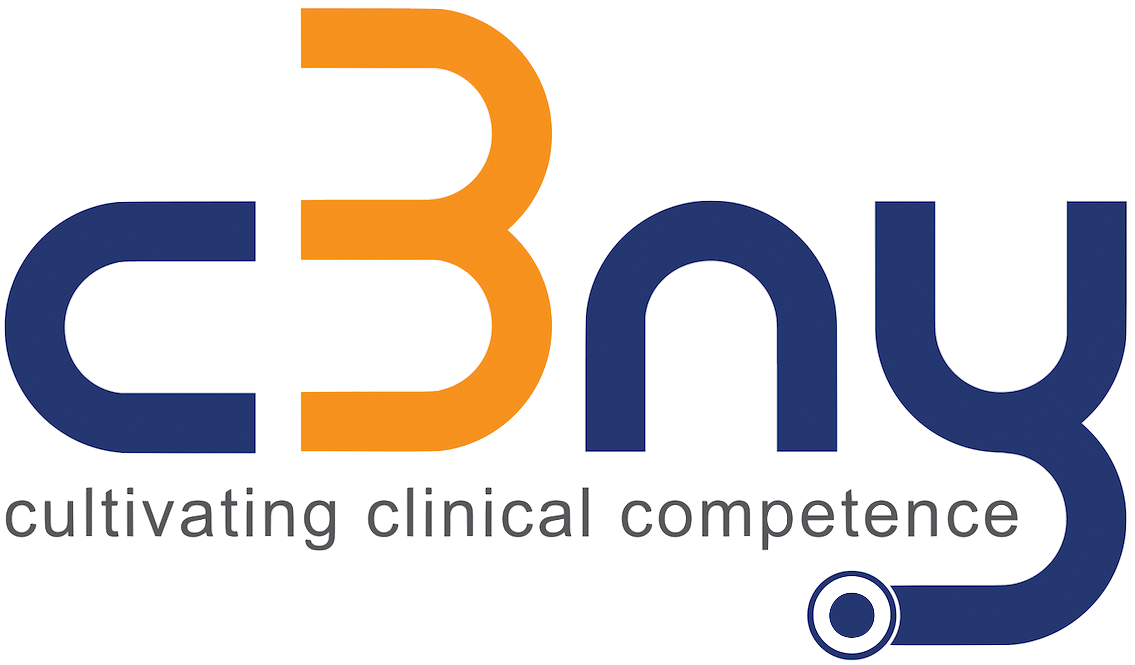Physicians as educators. I don’t mean teaching medicine in an academic setting, I mean as educators in each and every interaction with a patient, simulated or otherwise, in a Step 2 encounter, or in your practice.
Students often say to us, “but when do I do the counseling with the patient”? I tell them, the ENTIRE ENCOUNTER is counseling. However, in order to counsel, i.e. educate your patient, you need to educate yourself on the best ways to communicate with your patient. What to say and what NEVER to say, and how to say it.
The Center for Healthcare Communication is a terrific find! There is a wealth of information here. I was particularly taken with the articles listed. Let’s look at one in particular, Educating Your Patients: 10 Top Teaching Tips in light of educating yourself to educate your patient. The very first tip is worth quoting here in total:
Partner with your patient. Do not think in terms of telling your patients what to do. Offer suggestions and choices and then together come up with the best possible solution. The healthcare professional-patient relationship has moved from paternalistic to partnership.
It bears repeating – “The healthcare professional-patient relationship has moved from paternalistic to partnership”. This concept is sometimes uncomfortable, especially for foreign medical graduates, as doctor-patient relationships in other countries still have an accepted norm of “the doctor as god”. Our poor patient above! He obviously has many questions, fears and concerns. Our doctor above is clearly NOT partnering his patient. He is LECTURING his patient. A big NO-NO in real practice in the USA and certainly on Step 2.
Another snippet:
In today’s hectic healthcare environment, time constraints are the norm. We often feel rushed with little time to educate our patients. Taking the time to learn appropriate educational techniques ultimately saves a lot of time down the road. If we don’t explain it properly the first time, then patients will call back, which takes an even larger amount of time taken away from an already busy schedule.
For the sake of Step 2, rewrite the that last sentence to read If we don’t explain it properly the first time, then patients will ask for explanations at the end of the encounter, which takes an even larger amount of time taken away from a limited 15 minute interaction.
There is lots more, including the always important avoiding medical jargon; go back and read the whole article for some really great tips!
Educating your patient IS counseling your patient, and is a way to make your patient feel better, less scared, and more a partner in their own care.
Yours in excellent Step 2 CS prep,
The team at C3NY

